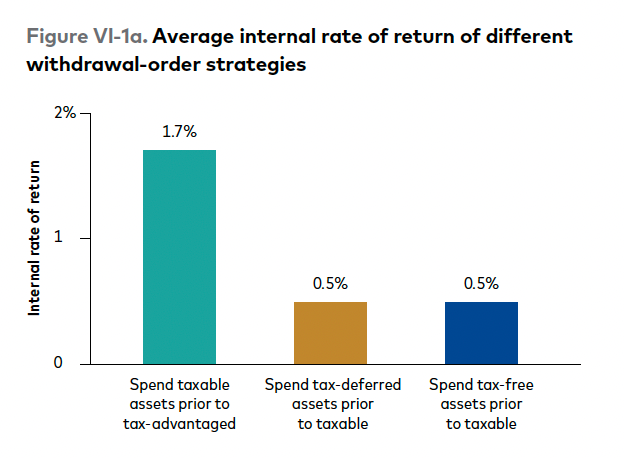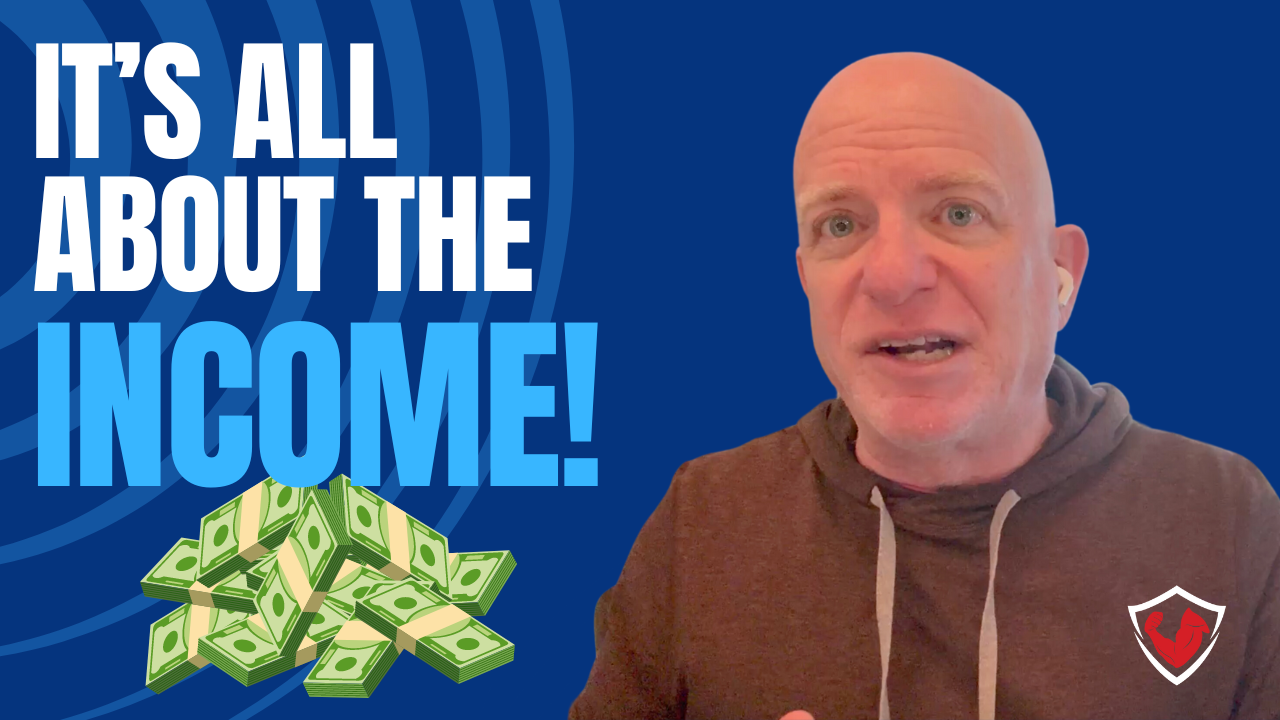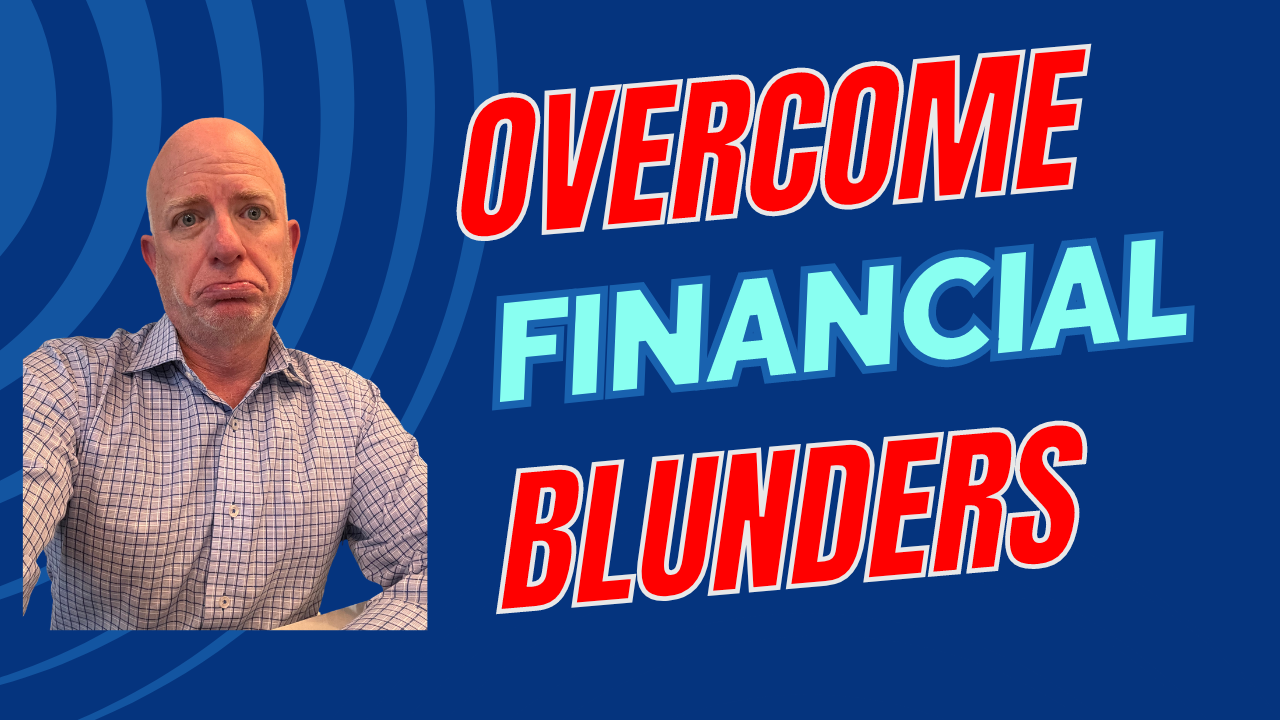By Darryl Rosen
•
19 Mar, 2024
When your spouse dies. 63% of the time when a spouse dies, it’s the man. According to the NIH, when this happens, on average the widow (or the wife) lives another 12 years. 3 things happen in short order when someone dies. Income decreases by as much as 50% with the possible loss of social security and pension. Taxes increase the following year because single tax rates are more punishing than married rates. If the deceased had an IRA or 401K, the widow still has to take Required min distributions but now at higher tax rates. Expenses go down but not by as much as you think. Only 20% on average per the Government Accountability Office. Think about it this way. Variable costs like medical and food, etc. will decrease but what about fixed expenses. My FIL passed in December. Jill’s Mom still has the house to contend with. All of this is to say please build these types of scenarios into your plans. If you have questions, feel free schedule some time to speak with me.




